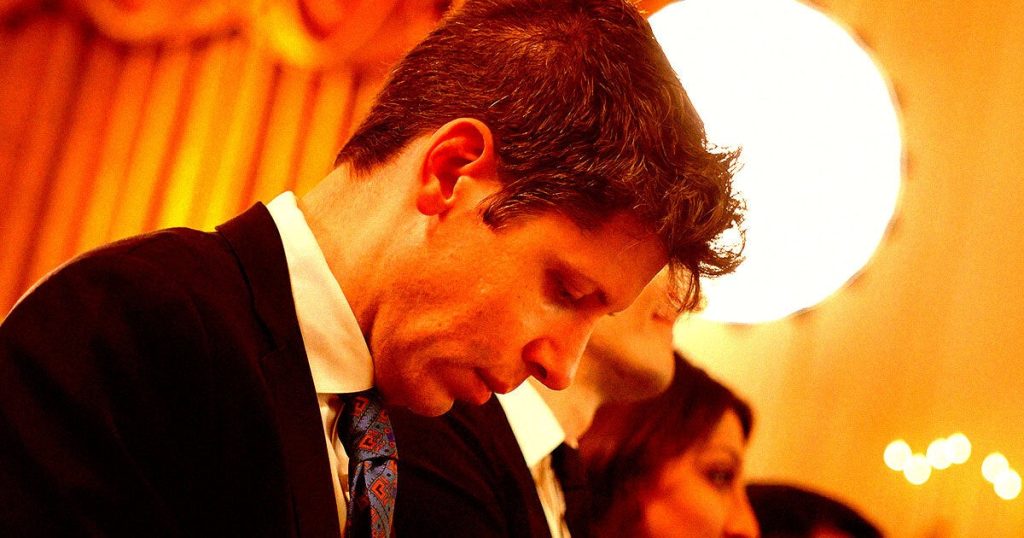Tempers are running hot at one of the most valuable private companies in history.
The leaders of OpenAI, which was launched in 2015 as a non-profit with the goal of building AI for the good of humanity, are growing anxious that their dream of reorganizing as a for-profit company might be dead in the water.
As reported by the Wall Street Journal, a coalition of some of the most powerful tech companies, NGOs, non-profits, and labor groups in OpenAI’s operating states of California and Delaware are lobbying attorneys general to crack down on the tech giant’s restructuring efforts. OpenAI’s ambitions, they say, would be in violation of corporate law — specifically a statute outlining a non-profit’s responsibility to “protect assets held in charitable trust,” such as ChatGPT.
OpenAI executives have grown tremendously anxious to incorporate the firm as a for-profit entity, a strategy which goes against the firm’s original charter, but is nonetheless urgently needed if the company hopes to stay afloat.
Valued at a stupefying $300 billion with the potential to hit half a trillion, OpenAI is currently run as a subsidiary of a non-profit parent company, an arrangement which is hugely unpopular with the company’s investors.
Failing to reconstitute as a for-profit could mean OpenAI’s “scaling” approach to AI development — a resource-intensive strategy that’s costing the company billions of dollars a year — would likely have to be abandoned as investor confidence wanes. So far, that doesn’t appear to be on the table.
Instead, the WSJ reports that OpenAI seems to be considering uprooting its entire operations and moving to a new state, should California’s attorney general block the transition.
Speaking to the paper, an OpenAI spokesperson said the company will “continue to work constructively with the offices of the Attorneys General of California and Delaware.”
While the various groups involved in resisting OpenAI’s move are united in strategy, their motives are wildly different. Some, like the group’s long-departed cofounder OpenAI Elon Musk — who’s since started his own AI company, xAI— have an obvious material interest in keeping the ChatGPT maker non-profit.
Others, like the activist group Not For Private Gain, object to OpenAI prioritizing shareholder profit over public good. Made up of tech critics, researchers, and former OpenAI staffers, these types of groups organize around open access to ChatGPT, which they argue would undoubtedly be locked down under private ownership. (Non-profit organization, it should be noted, is not synonymous with democratic control.)
Still others object to the harms OpenAI is already responsible for, highlighting the rise of mental health crises, hospitalizations, and deaths related to users’ conversations with ChatGPT. From this point of view, reorganization would allow OpenAI to ramp up its revenue-seeking tendencies while doing away with any pretense of transparency in its governance.
This ragtag team of activists have already gotten through to the California Attorney General, who penned a scathing letter to OpenAI: “The recent deaths are unacceptable. They have rightly shaken the American public’s confidence in OpenAI and this industry. OpenAI — and the AI industry — must proactively and transparently ensure AI’s safe deployment. Doing so is mandated by OpenAI’s charitable mission, and will be required and enforced by our respective offices.”
As to OpenAI CEO Sam Altman’s next move? It’s anyone’s guess.
More on OpenAI: GPT-5 Is Making Huge Factual Errors, Users Say

